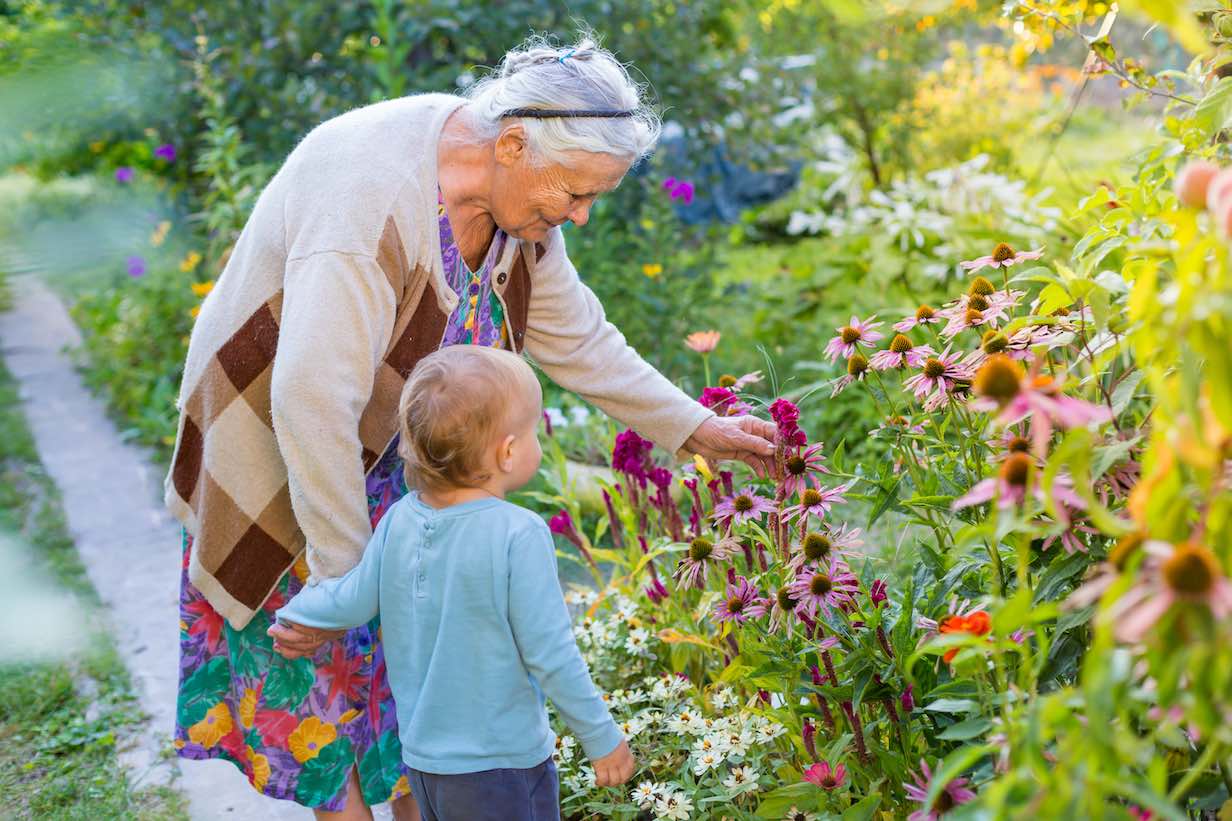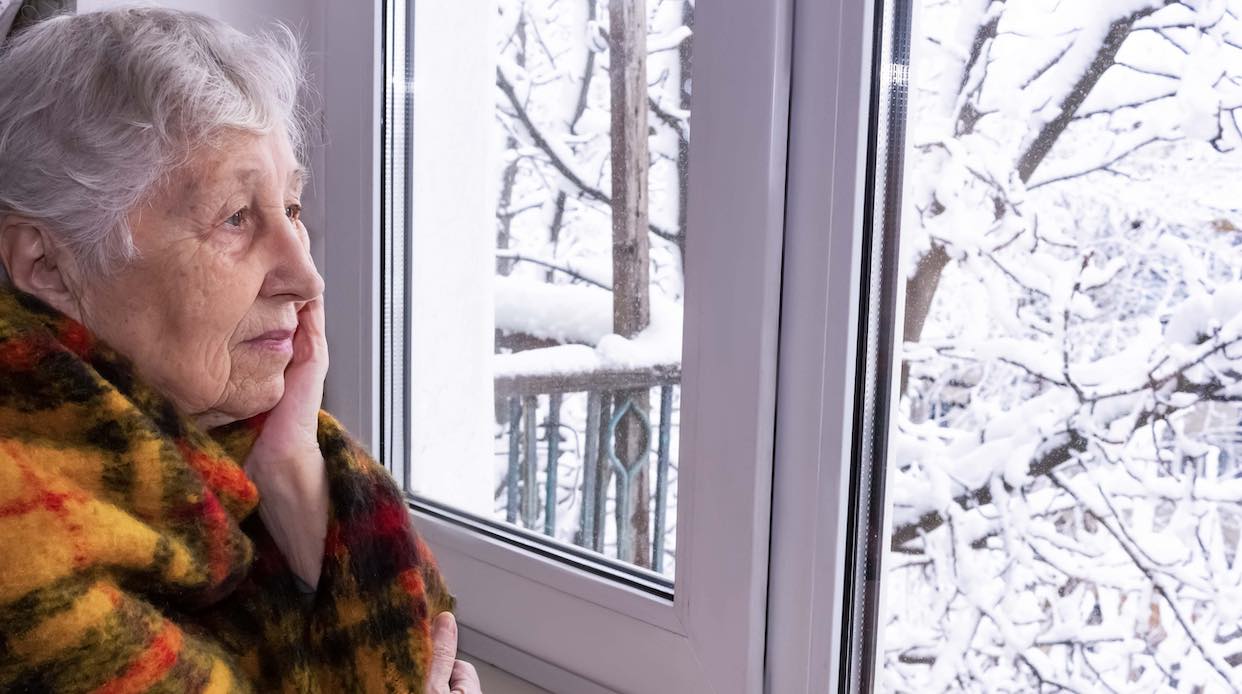
Aging in a New Light: How Culture Shapes Our View of Old Age
Living to a “ripe old age” is an achievement. It can represent a lifetime of accomplishments and wisdom that is a badge of honor rather than a life stage to deny. In some cultures, aging is seen exactly this way, with elders proclaiming, “I have achieved 70, 80, or 90 years of age.” They see each year as a gift and a part of their legacy. This stands in sharp contrast with the more common Western perspective that tends to see aging through a lens of loss and decline.
In her book “Aged by Culture,” author Margaret Gullette has dared to take on the conventional wisdom that the process of growing old necessarily mirrors a descent into darkness and a deepening of culture’s aversion to it. Gullette asks us to understand aging not as a burden but as an achievement– not something to fear but to celebrate.
Aging as a Cultural Construct
As a scholar of cultural studies and aging, Gullette explores the paradoxes of aging — why it affects us so profoundly and why we resist it through our cultural narratives. As we age, these shared and internalized stories shape our expectations, behaviors, and identities. “People in the West can no longer escape the story of decline and loss attached to later life,” she writes, “but we don’t have to accept it. Instead, we can change it.”
In her earlier work, “Age Gracefully,” Gullette introduced the term “age ideology” to describe our conceptions of aging, which reflect the cultural and social forces around us. She argues that age ideology is largely pessimistic and that our cultural narrative tends to present aging as a time of decline and irrelevance. Gullette proposes an alternative view that is both possible and necessary: seeing aging not as the end of our selfhood but as a unique life stage with its strengths and resources.
The Influence of Media and Language
A central theme of the book is how media and language shape our thoughts about old age. Gullette explores how popular culture perpetuates ageist stereotypes, portraying older people as weak, needy, and out of touch — images that reinforce a culture that undervalues the aging population.
Gullette also examines how language, with terms like “anti-aging,” reinforces the idea that aging is something to be resisted rather than welcomed. This language reflects and shapes a culture that idolizes youth, diminishing the many positive traits that can be celebrated with aging.
Challenging the Narrative of Decline
In “Aged by Culture,” Gullette argues that the story of aging as a decline does not have to be our reality. She believes that we can and should challenge the cultural script that frames growing old as a time of decline. Gullette highlights counter-narratives that show how some people and movements view a “healthy old age” as one of growth and vitality.
Gullette provides numerous examples from literature, film, social movements, and personal stories to illustrate how older people are reclaiming the “right to age” by refusing to be cast as victims or burdens. Research on stereotyping and prejudice against older people supports this idea, demonstrating that negative views of aging are becoming harder to maintain and more costly to enforce.
Reimagining Age
In the book’s second half, she develops some helpful suggestions. She believes a new way of thinking about aging can be achieved through social change – challenging attitudes that keep older persons from being productive and reinventing the rhetoric used to describe both the senior and the aging process. There is a movement to elevate the status of older people and create a culture that values and promotes intergenerational relationships. Progress has been made to eliminate ageism in the workplace, healthcare, and other institutions. And yet, there remains much work to be done.
Gullette also calls for recognizing the diversity of aging experiences. “I want to challenge the notion of a single path for aging in America,” she writes. Indeed, acknowledging the diversity of aging experiences and the disparities of race, gender, class, sexual orientation, and other factors contributes to a more inclusive and positive narrative of aging.
A Call to Action
“Aged by Culture” is not just a critique of ageism in our culture; it is a call to action. Gullette urges readers to fight ageism and advocate for cultural reforms. “If we could change the way we think about aging,” she writes, “society would be better, and the fulfillment and justice for many more people would have a better chance.”
This book reminds us that the stories we tell about aging matter. The narratives we create for our elders — whether limiting or liberating — affect both how we age and how we treat our elders. Gullette’s work is particularly timely for a country like America, which is aging rapidly and has long idolized youth.
1- Gullette, M. M. (2017). Aged by culture. University of Chicago Press.
2- Gullette, M. M. (2008). Age gracefully. University of Chicago Press.




